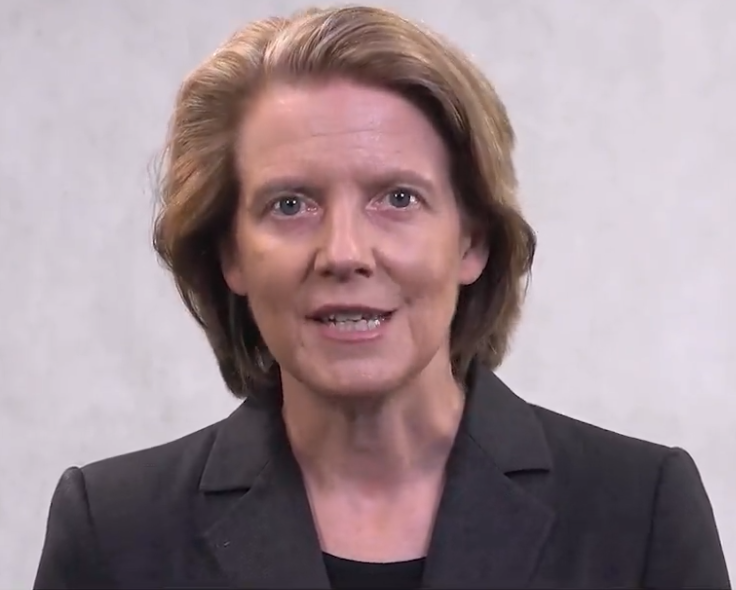
Professor Clare Scott
Clinician scientist Professor Clare Scott has made an impassioned plea on behalf of people with rare cancers after being named as this year’s recipient of the prestigious Cancer Achievement Award from the Medical Oncology Group of Australia (MOGA).
Professor Scott, a Melbourne-based medical oncologist and researcher who specialises in ovarian and rare cancers, accepted the award at the MOGA 2021 virtual meeting on 5 August.
She acknowledged previous recipients of the award such as Profs Fran Boyle, Prue Francis and Michael Friedlander who had been her mentors and collaborators in areas such as breast and ovarian cancer research, and said she wanted to see the recent major advances in treatment of more common cancer subtypes extended to individuals with rare cancers.
Reviewing the recent progress in treatment of ovarian cancer, she noted there had been breakthroughs in research such as work at her WEHI lab that showed PARP inhibitors are only effective if there is ‘complete’ BRCA1 methylation in the tumour cells.
But these achievements had only highlighted the fact that people with rare cancers were disadvantaged in multiple ways compared to other cancer patients, such as lacking access to molecular analysis, genome sequencing, reimbursed treatments and clinical trials.
“For patients diagnosed with a rare cancer their outcomes [are] if anything outright treacherous and they are often – but not always – underserved by our system,” Professor Scott told the meeting.
The ‘elephant in the room’ is that patients with rare cancers do not fit in easily to the cancer treatment pathways, even if they can be matched to an effective drug, she said, since the rare indications are not covered by PBS reimbursement criteria and the patient is unlikely to gain access to the drug via clinical trials.
Professor Scott gave an example of a patient with a rare cancer with a germline mutation proven by genome sequencing and targetable with a drug available in the hospital for patients with the same mutation in more common cancers. But in her recent experience the patient was unable to access the drug even after a request was made to the pharmaceutical company. In such cases their only hope was to self fund the drug at a cost of thousands of dollars per month, perhaps by fundraising.
Unlike patients with common cancer subtypes, people with rare cancers such as vulvar HER2 cancer could only dream of attaining the ‘double whammy’ of access to combination therapy with first line targeted therapy and antibody-drug conjugate (ADC) therapy on first progression, she said.
Australians with rare cancers “get a raw deal through no fault of their own and it … has been unnecessarily traumatic – their life has been shorter are and they have not had a fair go,” she said.
Professor Scott told the meeting there were several ways in which people with rare cancers could be helped, such as by more government support for existing structures such as Australian Genomic Cancer Medicine Program to provide earlier genotyping, and via the Australian Rare Cancer (ARC) Portal, which enables clinicians to access a network of expert support, guidelines and research for persons diagnosed with a rare cancers.
She added that more support was needed for improving research into rare cancers, such as by streamlining ethics approvals. Professor Scott noted that a research career pathway in rare cancers might appear less attractive as it was more difficult to attract grant funding.
“On the upside, rare cancers have fascinating genomes and there is a lot of cool stuff to discover,” she said.
“We only need to be half as brave as our patients who are the real heroes, and remind us every day why we do what we do if we choose to work for them and with them,” she concluded.
The MOGA and Novartis Oncology Award recognises outstanding contributions made by scientists, clinicians and other health professionals to cancer research and control in Australia, and has been presented to 21 leaders in the field of Australian oncology since 1999.
The limbic will be presenting more news and podcasts from MOGA 2021 meeting in the next issue.